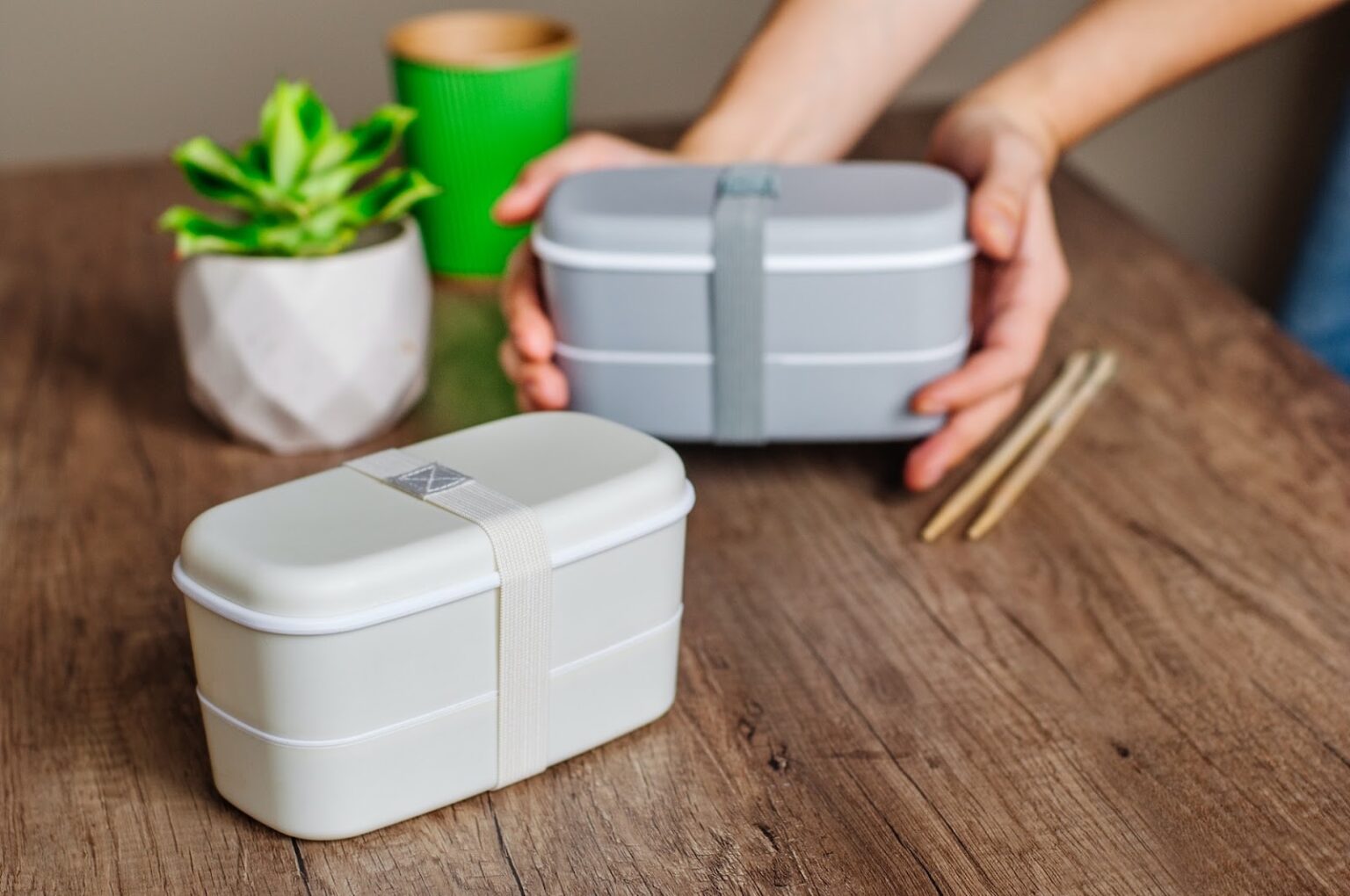
7 Meal-Prep Tips for Gluten-Free College Students
Maintaining a gluten-free diet can be challenging, especially for college students juggling classes, assignments, and social activities.
Thankfully, healthy prepared meals can become a valuable tool to help you stay on track with your gluten-free lifestyle with a little planning and organization. In this article, we explore seven essential meal-prep tips tailored to gluten-free college students.
1. Plan Ahead and Create a Weekly Menu
The key to successful meal prep starts with careful planning. Dedicate some time each week to create a detailed menu that includes gluten-free breakfast, lunch, dinner, and snacks.
Consider your class schedule, extracurricular activities, and any social events you may have during the week. This will help you determine how many meals you need to prepare in advance.
Next, make a shopping list based on your menu plan. Include gluten-free staples such as rice, quinoa, gluten-free pasta, fresh fruits and vegetables, lean proteins, and gluten-free snacks. Having a well-thought-out shopping list will help you avoid impulse purchases and ensure you have all the necessary ingredients for your meals.
2. Prep in Batches
Maximize your efficiency by prepping meals in batches. Choose a day when you have some free time, like a weekend or a less hectic day, and dedicate a few hours to cooking and preparing your meals for the upcoming week.
Prepare large batches of gluten-free staples like grains, roasted vegetables, and proteins such as grilled chicken or baked tofu. Next, divide them into individual portions using reusable meal prep containers, so you can easily grab them on busy days.
Additionally, you can wash, chop, and store fresh fruits and vegetables so that they’re ready to add to your meals or enjoy as snacks. Hard-boiled eggs, yogurt cups, or homemade energy bars can also be prepared in advance to provide quick and nutritious options for breakfast or on-the-go snacks.
3. Embrace Leftovers and Repurpose
Don’t shy away from leftovers! Instead, use them as a foundation for new meals to add variety to your gluten-free menu.
For example, leftover grilled chicken can be sliced and added to salads, stir-fries, or gluten-free wraps, and roasted vegetables can be turned into a flavorful soup or used as a topping for gluten-free pizzas. Get creative with your leftovers to prevent meal fatigue and reduce food waste.
Making the most of leftovers saves time, money, and energy while ensuring that you always have delicious and nutritious gluten-free meals readily available.
4. Utilize Freezer-Friendly Meals
Your freezer can be a valuable tool in your gluten-free meal-prep arsenal. Prepare extra portions of meals that freeze well, such as gluten-free casseroles, soups, and stews.
Portion them into individual containers and freeze for later use. On busy days when you don’t have time to cook, simply thaw and reheat these frozen meals for a quick and satisfying gluten-free option.
Your freezer is a key asset for saving time and staying efficient in your daily life at college and beyond. Just a few minutes in the microwave can bring these meals back to life and make them taste better than ever.
5. Stay Organized and Label Everything
Maintaining an organized system is crucial to successful meal prep. Label your meal prep containers with the contents and dates to ensure freshness and avoid confusion.
Store similar items together in your fridge and pantry, making it easier to find what you need. Consider using clear containers or glass jars to easily see the contents and prevent food from being forgotten or wasted.
6. Pack Portable Snacks
As a gluten-free college student, you need convenient and portable snacks on hand to avoid getting caught hungry between classes or during study sessions. Your on-campus eateries may not have gluten-free options when you need them!
Prepare snack packs with gluten-free options like nuts, seeds, dried fruit, rice cakes, or gluten-free granola bars. These portable snacks can be easily carried in your backpack or purse, providing a quick and satisfying gluten-free option whenever hunger strikes.
7. Join a Supportive Community
Connecting with like-minded individuals can be incredibly beneficial when following a gluten-free diet in college. Seek out student organizations or online communities dedicated to gluten-free living. Here, you can exchange meal-prep ideas, share recipes, and find support from others who understand the challenges and triumphs of maintaining a gluten-free lifestyle.
By joining a supportive community, you’ll have access to a wealth of knowledge, resources, and encouragement, making your gluten-free college journey more enjoyable and sustainable.
Going Gluten-Free With Ease
Embracing a gluten-free lifestyle as a college student requires some extra planning and organization. By incorporating these seven meal-prep tips, you can navigate your gluten-free journey with ease, enjoying delicious meals while saving time, money, and effort.







